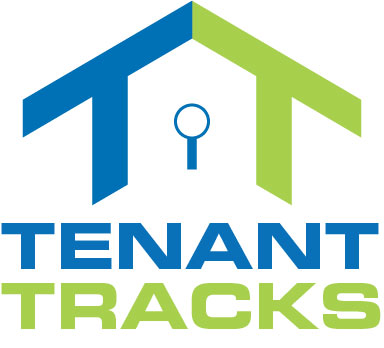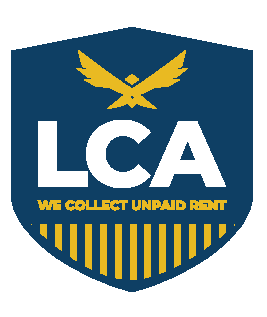For landlords, the ability to regain possession of a rental property is fundamental to managing your investment. However, in an increasing number of jurisdictions, and under specific circumstances in Connecticut, the concept of a “no-fault” eviction is being challenged by “Just Cause” eviction laws.
What is Just Cause Eviction?
Simply put, a Just Cause eviction law requires a landlord to have a legally specified, valid reason—a “just cause”—to terminate a tenancy or refuse to renew a lease, even if the lease term has expired.
In the absence of these laws, a landlord can typically terminate a month-to-month tenancy or decide not to renew a fixed-term lease for almost any reason, provided it is not discriminatory or retaliatory (often called “lapse of time” or “no-fault” evictions).
Connecticut’s Current Landscape
While a broad Just Cause protection for all Connecticut renters has been a topic of legislative debate, Connecticut law already provides limited Just Cause protection to specific groups of tenants:
- Elderly, Blind, or Disabled Tenants: Tenants who are 62 years or older, or who have certain disabilities, and live in a complex with five or more units are often protected from no-fault evictions under CGS § 47a-23c.
- Subsidized Housing Residents: Tenants in public or certain federally subsidized housing (like Section 8) often have “for cause” protections required by federal regulations.
For these protected tenants, a landlord must demonstrate a statutory “cause” to evict, such as:
- Nonpayment of Rent
- Serious Lease Violations
- Causing a Nuisance
- The Landlord’s Bona Fide Intention to Personally Use the Unit
- Permanent Removal of the Unit from the Housing Market
For tenants not covered by these specific statutes, a landlord can generally terminate a tenancy upon expiration of the lease or by giving the proper statutory notice (like a Notice to Quit for Lapse of Time) without needing to provide a specific cause, as long as it’s not discriminatory or retaliatory.
Mitigating Risk
Whether your property falls under the current limited protections or if broader legislation is passed in the future, the best defense is always a good offense:
- Impeccable Record Keeping: Document everything—lease violations, repair requests, communication, and payment history.
- Use Clear Leases: Ensure your lease clearly defines all rules and the consequences for violations.
- Prompt & Proper Notice: Always use the correct, statutorily required notice (e.g., 3-Day Notice to Quit, 15-Day Notice to Remedy) and ensure it is served correctly by a marshal.
- Stay Informed: Keep abreast of legislative changes. What isn’t law today might be tomorrow.
Understanding Just Cause is key to avoiding costly legal pitfalls and ensuring you can protect your investment while remaining compliant with all fair housing and landlord-tenant regulations.








